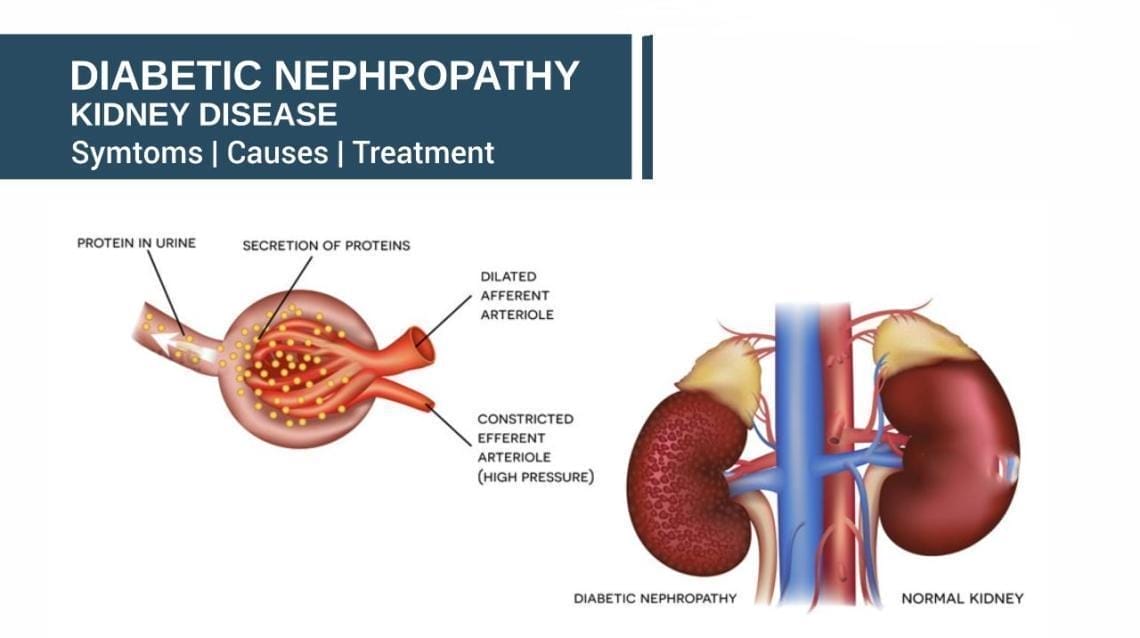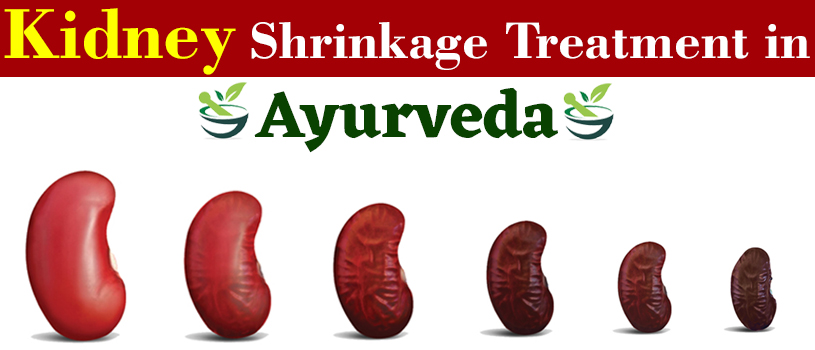Kidney Disease and Diabetes: What can I eat?
You’re not alone if you have both diabetes and CKD; roughly one-third of American individuals who have diabetes also have CKD. Our body functions best when we follow the appropriate diet, yet choosing what to eat can be very difficult. Something beneficial to you on one meal plan might not be helpful on another. A diet chart will vary from person to person as per their requirements.
In such cases, your dietitian must have knowledge and experience in both diabetes and CKD. You and your dietician must collectively design a diet to maintain stable blood sugar levels and lessen the amount of waste and fluid your kidneys need to process. It is a process that plays a critical role in a patient’s life.

If you see, you will find that CKD and diabetes diets include many of the same foods, but there are some significant variations.
Diabetes Diet
A nutritious diet for people with diabetes resembles a healthy diet for anyone: it includes plenty of fruits, vegetables, healthy fats, and lean protein, and items low in refined carbohydrates. Your unique carbohydrate goal is determined by your age, degree of activity, and any medications you are now taking. Following your meal plan will assist in keeping your blood sugar levels within your goal range and preventing further kidney damage.
Kidney diet
Use herbal supplements.
You can take herbal medicines for kidney illness, but all medications should be taken under proper medical supervision. Any medicine-herbal or allopathic, should be taken under appropriate medical guidance as, without advice, it can damage your kidneys and potentially exacerbate kidney illness. Some vitamins in improper dosage can harm the kidneys and should also be avoided. Always consult your physician.

A CKD diet consists of recommendations that help you provide energy and keep you nourished while avoiding or limiting some items to preserve your kidneys. Your diet will change depending on whether you have early-stage, late-stage, or are receiving dialysis.
Ayurvedic medicines to treat proteinuria have helped a lot of patients recover well and maintain a healthy life at KidneyXpert.
Limit Your Eating
Consume less sodium/salt. That’s a smart approach for diabetes and is crucial for people suffering from CKD. Your kidneys lose the capacity to regulate your sodium-water balance over time. Your blood pressure will drop, and you’ll experience less fluid retention, a frequent symptom of kidney illness if you consume less sodium.
Eat only a minimal amount of restaurant and packaged food, typically high in sodium, and concentrate on eating fresh, home-cooked meals. Search for low sodium (5% or less) on food labels if you use processed or packaged food.
You’ll get used to eating low-salt food in a week or two. If you can add more flavours to your cuisine with herbs, spices, mustard, and flavoured vinegar, these things will help. However, avoid taking salt substitutes except in cases where your doctor or nutritionist approves of them. You may want to limit high potassium content too.

You are advised to cut back on the amount of potassium, phosphorus, and proteins in your diet, depending on the stage of your renal illness. A diet that can be a part of a healthy diet might not be suitable for a CKD diet.
Phosphorus is necessary to maintain the health of your bones and other bodily systems. Your kidneys are not functioning effectively to remove excess phosphorus from your blood, which is mostly the case of prolonged diabetes and kidney disorders. Overdosing can weaken bones and cause damage to the blood vessels, eyes, and heart. Phosphorus is mostly found in excess amounts in packaged foods. Foods like- meat, dairy, beans, nuts, dark colored sodas are usually a high source of phosphorus, so you should avoid them.
The proper potassium intake keeps your muscles and nerves in good operating order. Too much potassium can accumulate in your blood due to CKD, leading to major heart issues. Potassium-rich foods include potatoes, tomatoes, oranges, whole-grain bread, and whole-wheat pasta. White bread, apples, and carrots have comparatively low potassium content. A potassium binder is a medication that aids your body in eliminating excess potassium, which may be recommended by your doctor.
Consume the correct quantity of protein. Over Consuming protein stresses your kidneys and could increase the problem of CKD. However, too little is also unhealthy. Protein is included in both plant and animal meals. Your dietician is the ideal person that can advise you on the adequate protein combinations and serving sizes.
Diabetes & CKD Foods
You can get many delicious suggestions for nutritious meals from your dietitian.

Here are a few examples of foods people with CKD and diabetes can eat:
- Fruits: including berries, grapes, cherries, apples, and plums
- Vegetables: turnips, cauliflower, onions, and onions
- Proteins: eggs, unsalted seafood, lean meats (poultry, fish)
- Carbohydrates: pasta, bagels, sandwich buns, and white bread
- Beverages: unsweetened tea, clear diet sodas, and water
Your CKD and diabetes diet can cooperate in the following ways: If you drink orange juice to treat low blood sugar, try apple or grape juice instead for your kidneys. With much less potassium, the blood-sugar boost will be the same.
Advanced CKD
Your nutritional requirements will alter if you are suffering from advanced CKD. is advanced. You might need to eat more protein if you’re undergoing dialysis. Food has a variety of flavors, which can alter your appetite.

Dialysis filters your blood the same way your kidneys do, but it doesn’t perform as well. Your body may retain fluid between treatments. Limit how much juice you consume, and keep an eye out for swelling in your legs, arms, tummy, or area around your eyes.
With late-stage CKD, your blood sugar levels may even improve, presumably due to modifications in the way your body uses insulin. But because the fluid used to filter your blood is high in glucose, your blood sugar can rise when you’re on dialysis. Your doctor will closely monitor you because it will be difficult to predict whether you need insulin or other diabetes medications.

